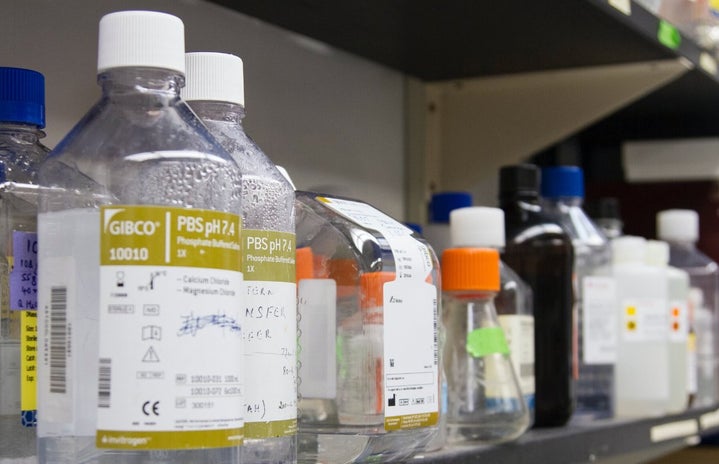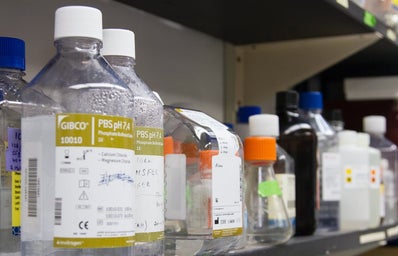On Thursday, April 2, the Food and Drug Administration announced that it will be loosening its restrictions that it has in place that prohibit many gay, bisexual and queer men from donating blood. This policy change comes as a result of the sharp increase in the need for blood donors as the COVID-19 pandemic worsens in the United States.
In 1983, the FDA placed its initial ban on the donation of blood from “men who have sex with men” (MSM) in response to the budding HIV/AIDS epidemic of the early 1980s. This is due to the fact that initial HIV research named gay men as the primary victims and carriers of the disease. In 2015, the guideline was altered to only prevent men who have had sex with men in the past 12 months from giving blood. Female sexual partners of MSM are also prohibited from donating blood within 12 months of their last “exposure” to their partner. It should be noted that all blood donations that enter the healthcare system are screened for multiple factors, including HIV.
According to their Thursday announcement, the FDA is now shortening the deferral period for MSM from 12 months to three months in the wake of canceled blood drives and decreasing donations across the country. This also applies to those with recent tattoos or piercings as well as women who have had sex with an MSM. Surgeon General Jerome Adams called this decision “tremendous.”
“It is critically important we have rationally and scientifically based blood donation deferral periods,” Adams said in a press briefing Thursday. “In particular, we know that reducing the deferral period for men who have sex with men can significantly increase life-saving blood donations, prevent drug shortages and help reduce harmful stigma experienced by the MSM community.”
LGBTQ+ activists have been pushing for a rollback of this controversial restriction since its inception. Research has proven that HIV/AIDS is not specific to the gay community and that anyone can contract the virus through exposure to the bodily fluids of an infected person, regardless of gender or sexuality. Unfortunately, that stigma remained, so much so that AIDS was often referred to as “gay cancer” and the “gay plague” through the 1990s. Queer activism organization PFLAG calls the blood donation restriction “a vehicle for discrimination and stereotyping.”
“LGBTQ Americans can hold their heads up today and know that our voices will always triumph over discrimination,” GLAAD President and CEO Sarah Kate Ellis said in a Thursday statement. “This is a victory for all of us who raised our collective voices against the discriminatory ban on gay and bisexual men donating blood. The FDA’s decision to lower the deferral period on men who have sex with men from 12 months to [three] months is a step towards being more in line with science, but remains imperfect. We will keep fighting until the deferral period is lifted and gay and bi men, and all LGBTQ people, are treated equal to others.”
This restriction rollback amid the COVID-19 pandemic has raised questions about whether there was ever a need for a deferral period at all, and what this may mean going forward after the pandemic has calmed. The FDA expects the new three-month deferral period to become the new norm even after the coronavirus crisis has passed.
“Yet again COVID-19 proves that these things were possible all along,” said Twitter user @rmenhen Thursday evening.
User @DylanJMSimpson agrees. “Tell me again, how long is a straight person’s ‘deferral period?’ Asking for a friend.”
Want to see more HCFSU? Be sure to like us on Facebook and follow us on Instagram, Twitter and Pinterest!






